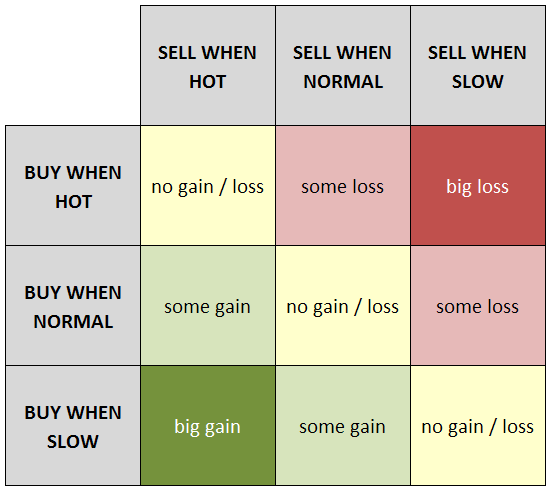Brought to you by Scott P. Rogers, Funkhouser Real Estate Group, 540-578-0102, scott@HarrisonburgHousingToday.com
Brought to you by Scott P. Rogers, Funkhouser Real Estate Group, 540-578-0102, scott@HarrisonburgHousingToday.com
Thursday, December 17, 2009

While every home is unique, there are some properties that have peculiarities that can detract from their value. Some of these oddities include:
- steep driveway
- hilly building lot
- power lines across or near the lot
- on a busy road
- awkward floor plan
- non-residential-use neighboring properties
A few years ago, when the market was hot, hot, hot (2000-2005, we'll say) these detractors didn't seem to matter too much to a buyer. Buyers often had only a few houses to choose from that would work for them, and some of those would go under contract the following day, so buyers committed to buying houses that had some peculiarities just to get a house.
Now, buyers have lots and lots of houses to choose from, and thus if there are 10 houses that could work for them, and three have some of the oddities listed above, they will almost certainly only be considering the seven remaining properties. Thus, these property oddities have MUCH more impact on value now than they did just a few years ago.
Put another way, a few years ago a 2400 SF home with 4 BR, 2.5 BA and a level lot would have likely sold for only a few thousand dollars more than an identical house down the street that had a very steep lot and driveway. Now, however, there might be a $10,000 - $20,000 difference in sales prices for these homes. Or . . . the home with the very steep driveway and lot might just languish on the market rather than selling.
DOES IT MATTER? I had a very interesting conversation about this with a client a few days ago. Here is what we concluded:
- If you buy a property with oddities in a hot market, and you sell it in a slow market, you'll feel the pain.
- If you buy a property with oddities in a slow market, and you sell it in a hot market, you'll do great!
- If you buy a property with oddities in a normal market and sell it in a normal market, you'll do quite similarly as compared to if you had bought a home without oddities.

So . . . . to re-emphasize #2 above: you can likely negotiate significantly on a home with oddities right now (in a slow market). If you do so, you'll do fine if you sell it in an equally slow market, you'll do better if you sell it in a normal market, and you'll do great if you sell it in a hot market.
